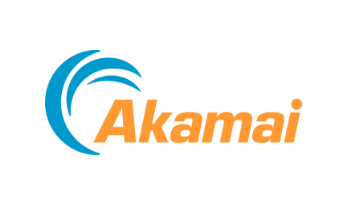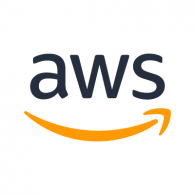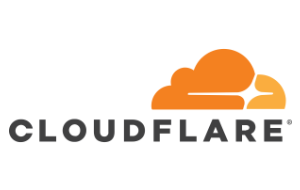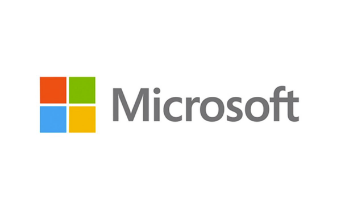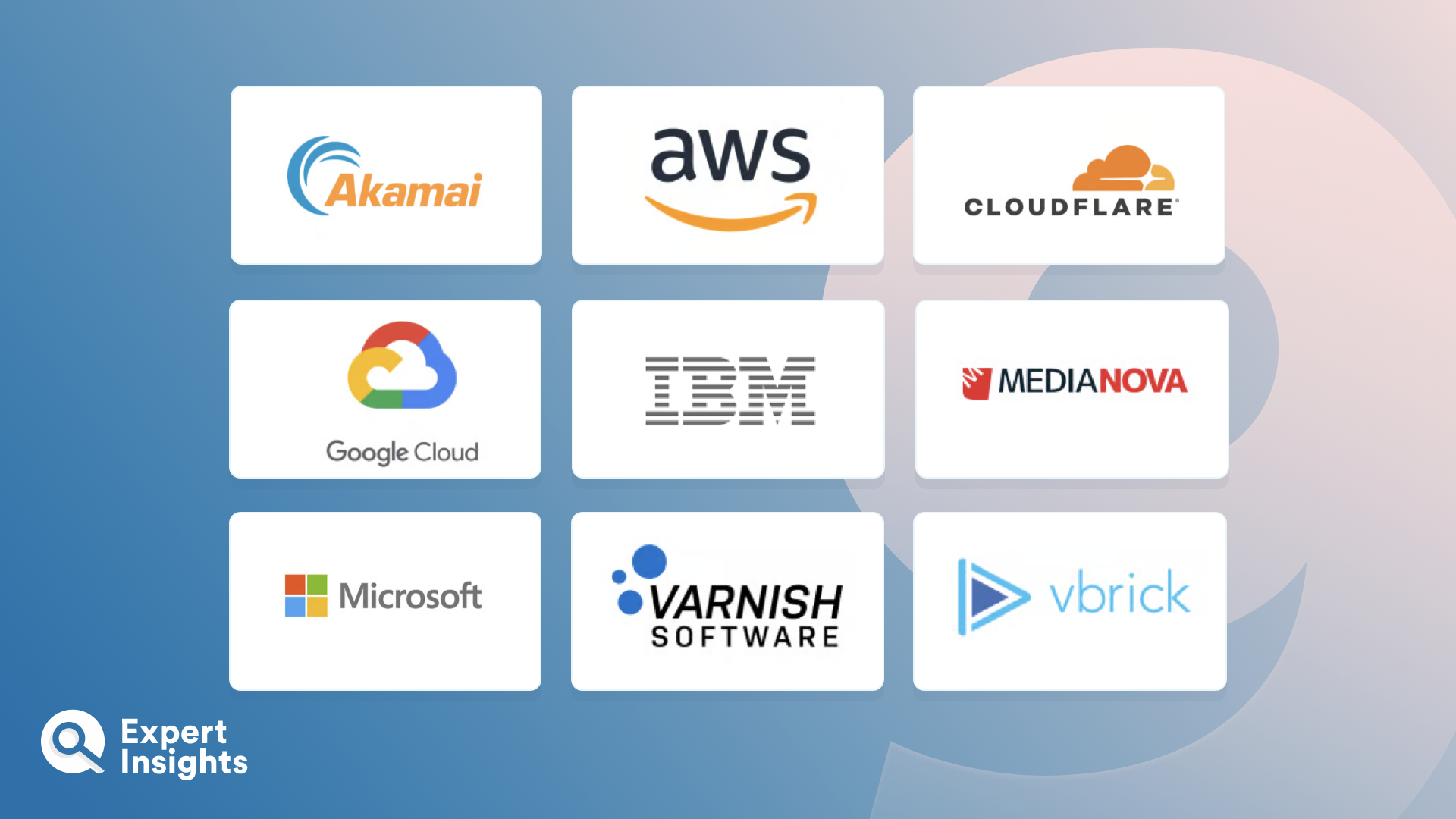Enterprise Content Delivery Networks (eCDNs) enable large enterprises to deliver digital content across an internal intranet or network quickly, securely, and reliably. Content delivery networks are a network of servers distributed around the world which cache and distribute web content to web users based on geographic proximity. The majority of web traffic today is delivered in this way.
Enterprise Content Delivery Networks are specifically designed for large global organizations or media entities to share content such as video, conferences, and websites across an internal network or internet, primarily to employees and customers. This means that teams within the enterprise or government agency, can login to the enterprise intranet and access content reliably and securely, without added latency, from anywhere in the world.
eCDNs optimize network performance, reduce latency, and improve data security. eCDN solutions work by caching and distributing content across strategically placed servers throughout the world. When a user requests data, the content is served from the nearest available server, thus minimizing latency while ensuring optimal network usage. Additionally, eCDNs provide robust security measures such as DDoS protection, encryption, and access control, ensuring that your content is both safe and available to authorized users.
In this guide, we will explore the top enterprise CDN software providers by examining their features, pricing, performance capabilities, and customer reviews.



